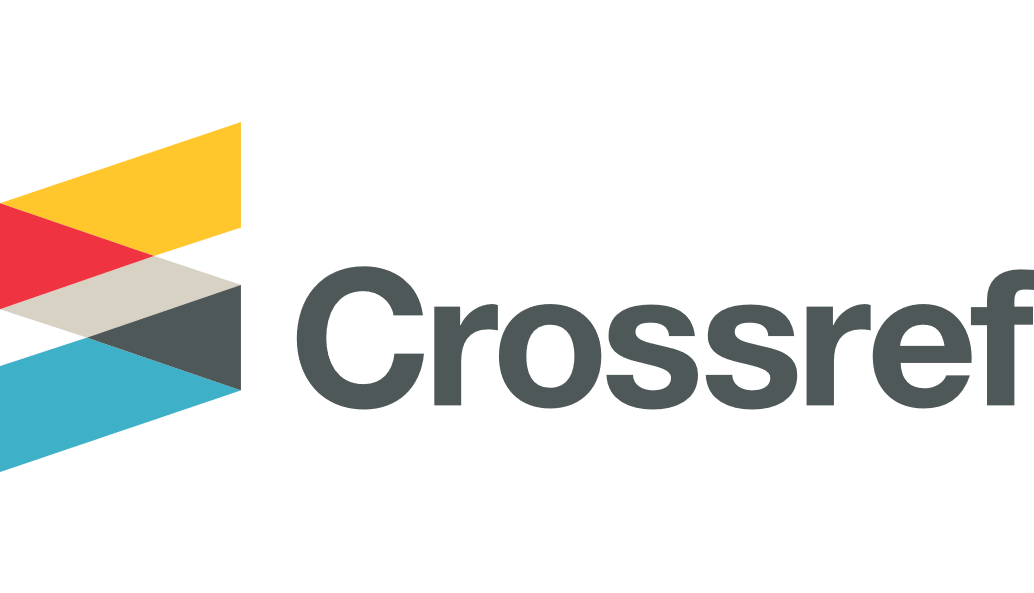Keywords
Genetic testing, neurology, rural, West Virginia
Disciplines
Diseases | Medicine and Health Sciences | Nervous System Diseases
Abstract
Introduction
Clinicians are increasingly relying on genetic testing to pinpoint definite diagnoses. A more general diagnosis of neuropathy or neuromuscular disease like myopathy can be narrowed down substantially using genetic testing. Because carrier status is of utmost importance in reproductive matters, pathogenic results can prognosticate the future course of the illness and help plan ahead for treatment and social supports. Given the expense of genetic testing, it is important to assess the cost-benefit ratio to determine whether it is worthwhile to collect genetic samples. The purpose of the study was to determine the likelihood of obtaining a conclusive confirmatory diagnosis through genetic testing (measured as the percent of positive results obtained out of all the submitted samples).
Methods
A single clinician’s record of genetic test outcomes was reviewed spanning four years from July 2015 to June 2019 to identify those who had submitted genetic samples to Invitae, a commercial lab in California that offers affordable genetic testing. All patients were evaluated for complaints of neuromuscular and neuropathic nature using the standard of care workup that included a physical exam, lab tests, nerve conduction study (NCS), electromyography (EMG), and/or muscle biopsy before sending out for genetic testing. The positive, negative, and indeterminate genetic diagnoses were tabulated, and the individual disease entities’ prevalence was determined.
Results
Of the patients who participated in genetic testing, 96 were diagnosed with neuropathic conditions and 59 with neuromuscular conditions. The patients’ health records did not have to be mined for results because the clinician’s Invitae account contained de-identified requisition numbers linked to their results. The patients in the neuromuscular group had twice as many positive results as those in the neuropathic group. There were about three times as many normal results in the neuropathic group compared to the neuromuscular group. Around half of all test samples showed indeterminate results containing variants of unknown significance (VOUS), which were not indicative of any pathology and were considered inconclusive.
Conclusion
Based on the study findings, there were 17.7% and 35.6% positive (meaning pathogenic) results, respectively, among neuropathic and neuromuscular cases sent off for genetic analysis. While 38 out of 155 total cases makes up a small, 24.5% yield of abnormal results, genetic studies are still a worthwhile addition to investigating neuropathic and neuromuscular cases.
Recommended Citation
Farkosh H, Lozowska D.
Utility and yield of genetic testing leading to a definitive neuromuscular or neuropathic diagnosis at a rural outpatient neurology clinic affiliated with a university health center in West Virginia over 4 years..
Marshall J Med.
2021;
7(4)
DOI: https://doi.org/10.33470/2379-9536.1345.


